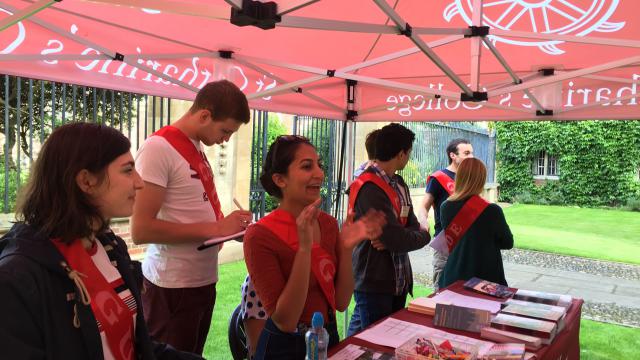
Joe Ellis is the Sigrid Rausing Postdoctoral Fellow and an Affiliated Lecturer in the Mongolian and Inner Asian Studies Unit, within the Department of Social Anthropology, Cambridge. He enrolled as a mature student onto a BSc degree in Anthropology at University College London (UCL) in 2009. After graduating, and completing a further MRes Degree, he came to Cambridge in 2013 to do a PhD in Social Anthropology based on two years of ethnographic fieldwork in Mongolia. Joe taught anthropology and social theory extensively prior, during and after his PhD and has since held academic, pastoral and teaching positions throughout the collegiate university.
Joe’s research is founded upon long-term ethnographic fieldwork in Mongolia, particularly in the ger districts of Ulaanbaatar and the more remote provinces of Khovd and Bayan-Ölgii in the far west of the country. The overarching theme of his research interests is the manner in which cosmological, political and moral concepts come to impinge upon social life in Mongolia. This has led him to work on a range of topics, including: the dynamics of violence, shamanism, and alcoholism within intimate relations; the role of mythic-historical exemplars in generating ideas of ‘ethnic’ difference and tension; the impact of religious practices on the economic sphere; the cultivation of gendered mobilities within kinship ideologies; practices of deception and spheres of complicity; and the political salience of perceptions of environmental change.
More recently Joe has begun working with the Kazakh minority population who live in the Altai mountains on the borders of Mongolia, Russia, China and Kazakhstan. He is particularly interested in the transnational connections between the Kazakh diaspora in this region, and the ways it provides a window into political developments within and between ‘great power’ nation states in Central Asia and beyond.





